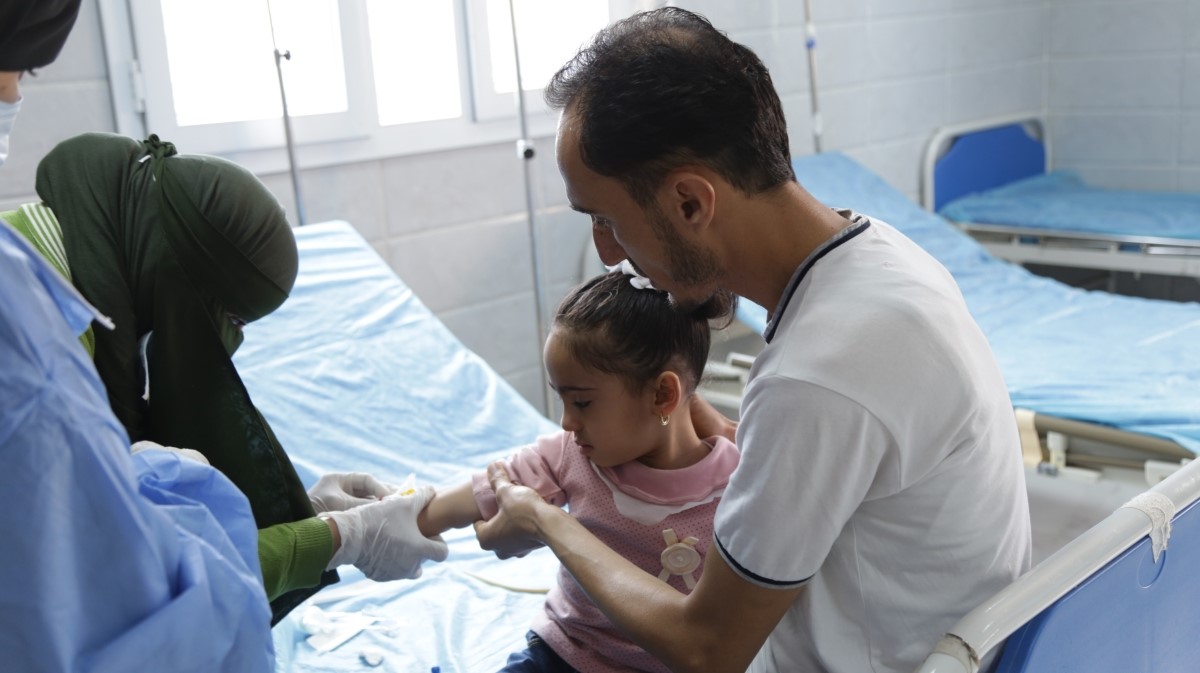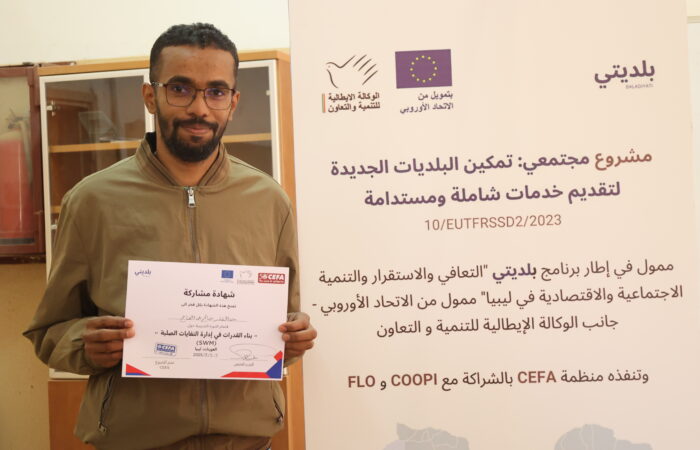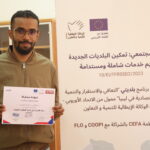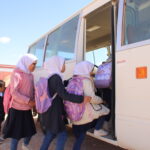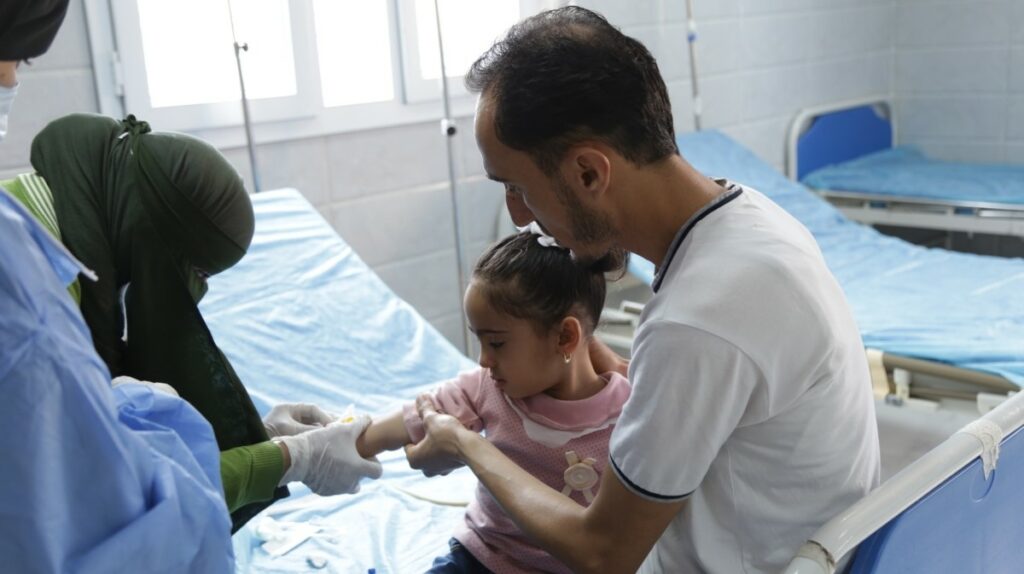
Six years of civil war has left Libya’s infrastructure crippled and its health system destabilized. In 2017, the Sabratha Health Center, located 70 kilometers west of the capital Tripoli, was severely damaged during the conflict.The center served 210 people from the city of Sabratha and its neighboring towns daily and employed 122 medical personnel before it was damaged by the conflict. With the building no longer functioning, people had to seek alternative healthcare facilities in the area. Public hospitals – which have also been compromised – were subsequently burdened by the influx of new patients seeking health access and could not accommodate all their medical needs.

With the aim of strengthening the capacity of public institutions to improving access to quality basic and social services to the most vulnerable groups in Libya, the United Nation Development Programme’s (UNDP) “Strengthening Local Capacities for Resilience and Recovery” Project, funded by the European Union (EU), rehabilitated the Sabratha Health center.

The renovation included the expansion and recovery of the laboratory, pediatric, emergency, wound treatment and pharmacy facilities. Since the end of the rehabilitation in late 2018 the center has been serving around 400 people daily.
As the novel Coronavirus (COVID-19) reached war-torn Libya, the Ministry of Health appointed the newly rehabilitated health center as the main coronavirus response hub for the area.
Mr. Rawad Elshain, Head of Medical Services explains, “This place was suffering from infrastructure deterioration and a significant shortage of equipment and supplies. Through maintenance, its services have now expanded to receive patients that may be affected by coronavirus.”UNDP also provided equipment such as wheelchairs, examination beds and patient trolleys. The health center administration trained the medical team on the use of newly provided safety and sterilization materials, as well as the prevention measures, they are expected to follow both on-duty and off-duty to response to the coronavirus threats. Hiba Al Sarougi, nurse, says, “we have learned how to take prevention measures to avoid being affected by the coronavirus; we wear the necessary uniforms, masks and gloves, and we make sure to clean and disinfect surfaces frequently.”

Meanwhile, the supporting medical staff are raising awareness among patients who visit the center by providing educational sessions about COVID-19 and sharing good practices they can adopt to protect themselves and their families.
The Monitoring, Investigation and Rapid Response Department, which was created six months after the rehabilitation was completed, is now leading the COVID-19 response in the area. Dr. Saad Ali, Supervisor of the unit explains, “when we have some clues that somebody may be affected by COVID-19, we visit the patient at his house, accompanied by a doctor and health inspector, and take samples to send to the lab in Tripoli. We also take her personal information and recommend self-quarantine measures.”

UNDP with the support of the EU has rehabilitated 10 health facilities across Libya to date, allowing 800,000 people access to quality healthcare services and rapid response to COVID-19 threats. This has contributed to enhanced capacities of Libyan authorities in providing quality essential services in the health sector on the path to achieving the sustainable development goal of ensuring healthy lives and promoting well-being for all.
The initiatives that UNDP with funds from the EU undertook to support Sabratha’s health sector are part of the “Strengthening Local Capacities for Resilience and Recovery,” a multi-phase, multi-year project which aim is to strengthen the local resilience and recovery mechanisms.
The Phase 1 of the project is implemented in the framework of the programme “Managing mixed migration flows in Libya through expanding protection space and supporting local socioeconomic development” financed by the North of Africa Window of the EU Emergency Trust Fund for Africa. The main objective of this programme is to comprehensively reinforce protection and resilience of migrants, refugees and host communities in Libya while supporting an improved migration management along the migration routes in the country.
The second phase of the project is framed within the “Recovery, Stability and Socio-economic Development of Libya” programme funded by the European Union, through the Emergency Trust Fund for Africa – North Africa Window, and implemented in partnership with the Ministry of Local Governance, Municipalities, UNICEF and Italian Agency for Development Cooperation (AICS). The programme aims at improving living conditions and build resilience among vulnerable populations, including migrants, refugees, internally displaced people (IDPs), returnees and host communities.

